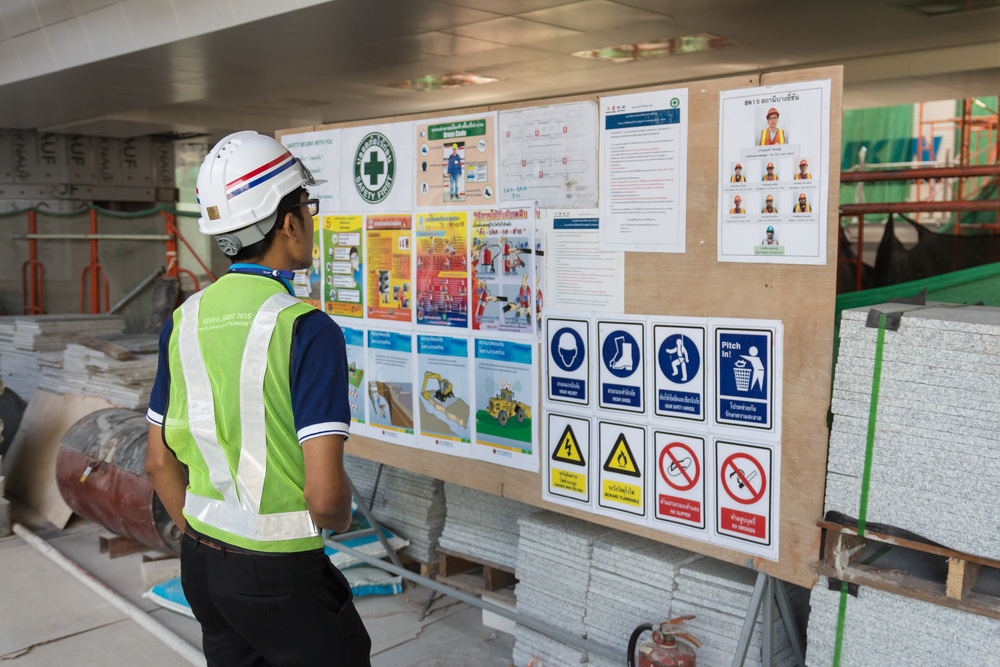

This course is critical for the enhancement of Process Safety Management (PSM). It teaches practical skills and strategies focused on building safer systems, risk mitigation, and management of regulatory compliance in intricate industrial workflows.
| City | Start Date | End Date | Fees | Register | Enquire | Download |
|---|---|---|---|---|---|---|
| Casablanca | 23-06-2025 | 27-06-2025 | 4950 $ | Register | Enquire | |
| London | 30-06-2025 | 04-07-2025 | 6200 $ | Register | Enquire | |
| Dubai | 07-07-2025 | 11-07-2025 | 4300 $ | Register | Enquire | |
| Casablanca | 14-07-2025 | 18-07-2025 | 4950 $ | Register | Enquire | |
| Kuala Lumpur | 21-07-2025 | 25-07-2025 | 4950 $ | Register | Enquire | |
| Zurich | 28-07-2025 | 01-08-2025 | 5600 $ | Register | Enquire | |
| Milan | 04-08-2025 | 08-08-2025 | 6200 $ | Register | Enquire | |
| Cairo | 11-08-2025 | 15-08-2025 | 3950 $ | Register | Enquire | |
| Jakarta | 18-08-2025 | 22-08-2025 | 4950 $ | Register | Enquire | |
| Amsterdam | 25-08-2025 | 29-08-2025 | 6200 $ | Register | Enquire | |
| Kuala Lumpur | 01-09-2025 | 05-09-2025 | 4950 $ | Register | Enquire | |
| Paris | 08-09-2025 | 12-09-2025 | 6200 $ | Register | Enquire | |
| Cairo | 15-09-2025 | 19-09-2025 | 3950 $ | Register | Enquire | |
| Prague | 29-09-2025 | 03-10-2025 | 6200 $ | Register | Enquire | |
| Amman | 06-10-2025 | 10-10-2025 | 3950 $ | Register | Enquire | |
| Rome | 13-10-2025 | 17-10-2025 | 6200 $ | Register | Enquire | |
| Paris | 20-10-2025 | 24-10-2025 | 6200 $ | Register | Enquire | |
| Amsterdam | 27-10-2025 | 31-10-2025 | 6200 $ | Register | Enquire | |
| Kuala Lumpur | 03-11-2025 | 07-11-2025 | 4950 $ | Register | Enquire | |
| London | 10-11-2025 | 14-11-2025 | 6200 $ | Register | Enquire | |
| Madrid | 17-11-2025 | 21-11-2025 | 6200 $ | Register | Enquire | |
| Amsterdam | 01-12-2025 | 05-12-2025 | 6200 $ | Register | Enquire | |
| Dubai | 08-12-2025 | 12-12-2025 | 4300 $ | Register | Enquire | |
| Kuala Lumpur | 15-12-2025 | 19-12-2025 | 4950 $ | Register | Enquire | |
| Barcelona | 22-12-2025 | 26-12-2025 | 6200 $ | Register | Enquire | |
| Madrid | 29-12-2025 | 02-01-2026 | 6200 $ | Register | Enquire |
The rules of Process Safety Management (PSM) have recently undergone critical evaluation to meet new government and societal demands regarding industrial safety. Despite these improvements, accidents still occur due to pressures like production demands and cost-cutting.
This Process Safety Management training emphasizes the key role Managers and Engineers in Process Plants play in balancing safety with productivity. Continuous self-development and regular training are crucial for accident prevention and maintaining safety standards. This PSM course equips participants with the knowledge and skills needed to enhance safety competence and improve operational efficiency.
At the end of this PSM Process Safety Management course, participants will be able to:
Unit 1: Foundations of Process Safety
Unit 2: Risk Management and Management of Change
Unit 3: Fire and Combustion Including Confined Space Entry
Unit 4: Start-Up, Shutdown Operations, Hydrocarbon Storage, and Fire Classifications
Unit 5: Fire and Emergency Response
Participants who successfully complete the training will receive a Process Safety Management certificate, demonstrating their proficiency in applying PSM principles. This course provides a structured approach to managing processes and equipment that pose safety risks, aiming to minimize the release of hazardous gases and liquids, particularly in dangerous chemical processes.



















